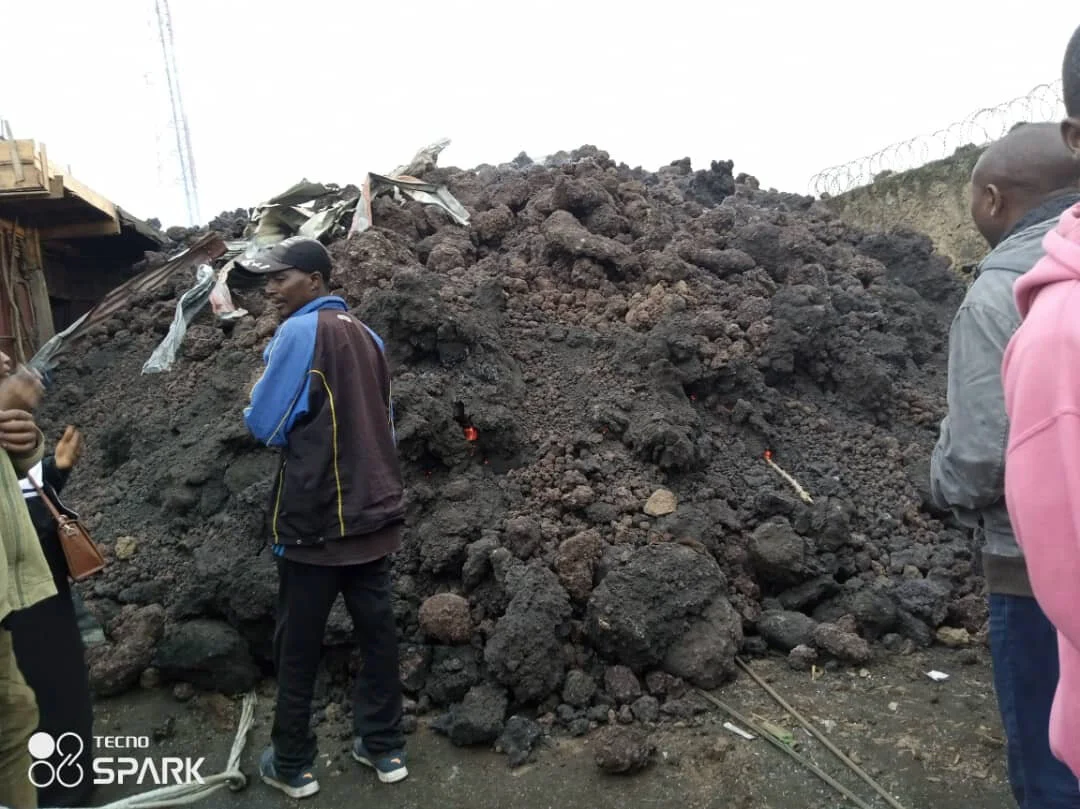Let me tell you a conversation that I will never forget!
Our driver had just yanked the Land Cruiser to the side of the Yei to Juba road, a perplexed look on his face. "What do you mean, that would be a great way to die? I don't understand."
Traveling with Megan and Wendy, two friends from Midland, TX, we were remembering a mutual friend who had recently passed away in their sleep. "That would be the way I want to go out of this world," was what the driver heard me say.
But to this African driver, passing without family and friends, making the journey alone, was unfathomable.
In Africa, no one dies or lives alone.
As we contemplate our current moments with loved ones, may we learn from our friends in Africa and seek to foster that kind of life experience where being alone is the last option.
By the way, our sisters and brothers in Africa have now added COVID-19 to their long list of diseases they fear daily. Having clean water to wash their hands has become even more crucial. Here, if you don't leave your house to make something happen, no one eats or drinks.
Your support today will mean they have a fighting chance against this insidious disease, too.
Thank you for making a gift now in these difficult times.
Steve
PS - Communities continue to gain access to clean water in South Sudan and DRC. Check out these recent photos from reports received this week!





























